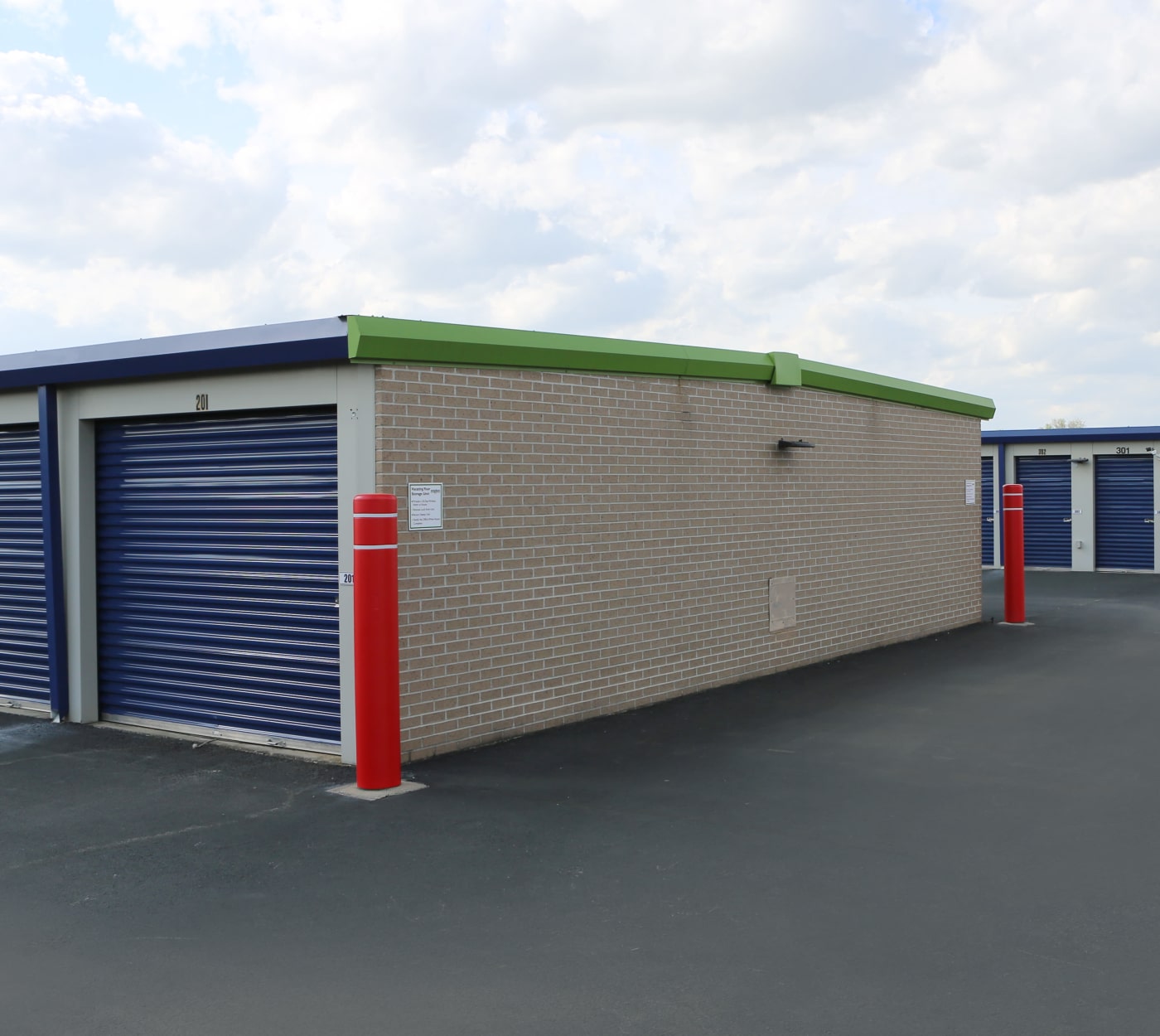Self-storage administration refers back to the overall operation and administration of a self-storage facility or business. It involves a spread of duties and obligations aimed toward effectively and successfully managing the facility, serving prospects, ensuring security, and maximizing profitability. Self-storage administration encompasses numerous features, together with the following key elements:
Customer Service: Providing glorious customer support is fundamental to self-storage management. Facility managers or employees interact with customers to deal with inquiries, help with leases, facilitate move-ins and move-outs, and handle any issues or points promptly and professionally.
Marketing and Promotion: Self-storage managers usually oversee marketing efforts to attract new customers and retain present ones. This may embody promoting, online advertising, promotions, and maintaining an internet presence by way of an web site or social media.
Leasing and Rentals: Self-storage managers handle the leasing and rental process. They help customers in deciding on the proper storage unit measurement, clarify rental agreements, gather funds, and handle lease contracts.

Security and Safety: Ensuring the safety and security of the facility and clients' belongings is a important side of self-storage management. This includes implementing security measures like surveillance cameras, entry control techniques, gated entry, and adequate lighting. https://storagenorthernireland.co.uk/ should also reply to safety incidents or emergencies promptly.
Maintenance and Repairs: Facility managers oversee the maintenance and maintenance of the property. This contains regular inspections, cleanliness, maintenance of safety techniques, and addressing repairs promptly to take care of a secure and practical environment.
Rent Collection and Financial Management: Self-storage managers are liable for collecting rent funds, sustaining financial data, and managing the facility's monetary features. They must make certain that rent is collected on time and handle any late payments or delinquencies.
Inventory and Unit Management: Managers hold track of unit availability, occupancy rates, and stock. They allocate and assign storage units efficiently, making certain that the power is utilized optimally.
Compliance and Regulations: Self-storage amenities are topic to local, state, and federal regulations and legal guidelines. Managers must keep informed about compliance necessities related to leasing agreements, insurance coverage, property maintenance, and different related areas.
Tenant Communication: Communication with tenants is ongoing. Managers might ship notices for lease will increase, lease renewals, or policy modifications. They additionally maintain channels for tenants to contact them with questions or considerations.
Tenant Education: Providing tenants with details about proper storage practices, safety measures, and insurance coverage choices might help prevent points and promote buyer satisfaction.
Record Keeping: Managers preserve information associated to rental agreements, payments, security incidents, upkeep, and other aspects of facility operation. Accurate record-keeping is essential for enterprise management and compliance.
Tenant Relations: Building optimistic relationships with tenants can lead to repeat enterprise and referrals. Managers could host events, provide incentives, or present glorious service to boost tenant satisfaction.
Effective self-storage management ensures that the facility operates smoothly, tenants receive quality service, and the business stays profitable. Whether the ability is massive or small, proper administration is essential for assembly customer needs and sustaining a reputable and successful operation..
